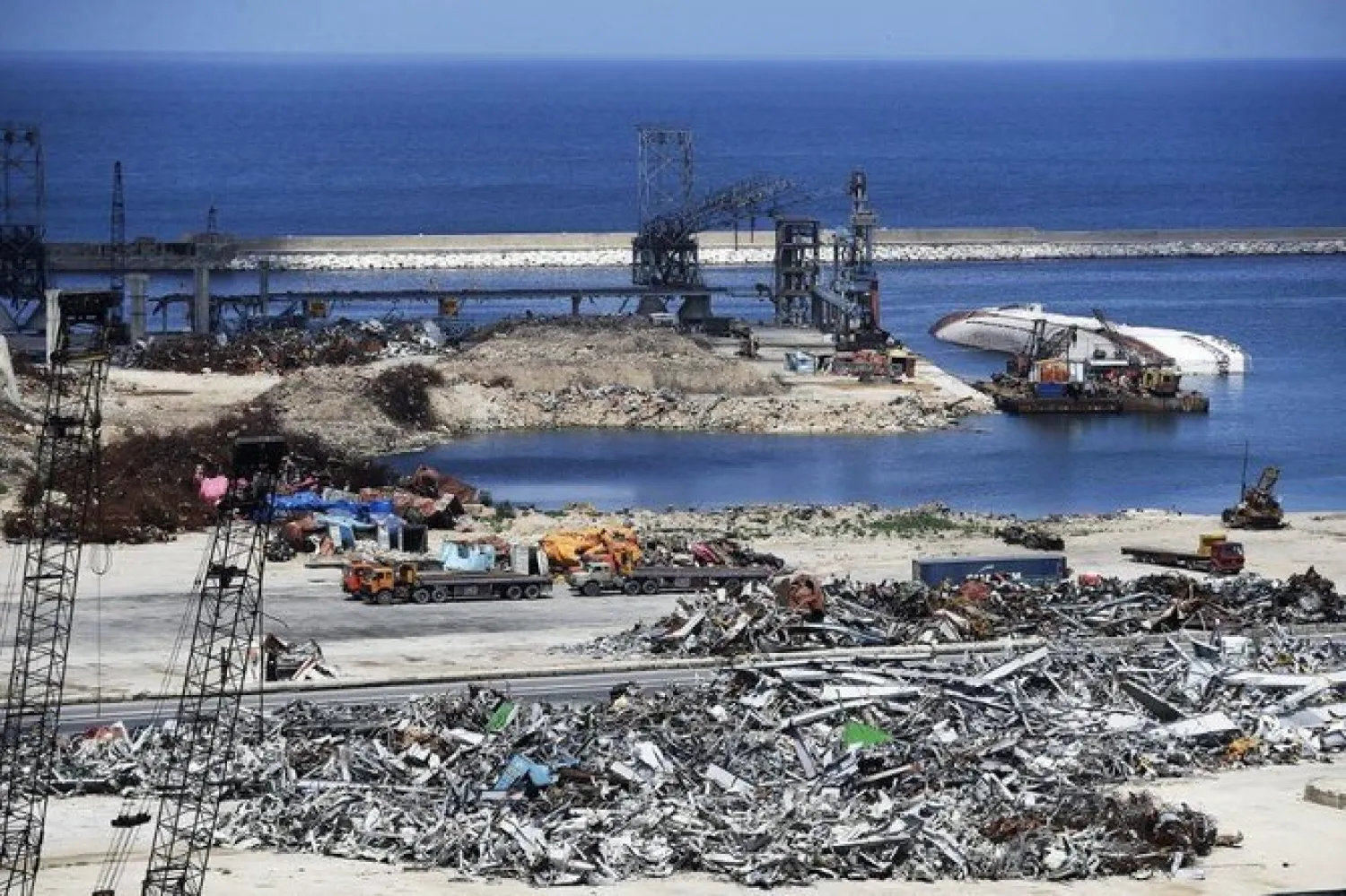The World Food Program said on Wednesday it is tripling its assistance to Lebanon, offering cash assistance to nearly 300,000 people amid an unparalleled financial and economic crisis.
Lebanon’s national currency has lost nearly 85 percent of its dollar value since late 2019, sending prices of basic goods soaring in a country that is dependent on imports. Banks, fearing a run, have limited depositors’ access to their accounts and barred transfers abroad — deepening the sense of a crisis in the small country of six million.
With a cash-strapped government, foreign assistance became essential. The World Food Program said it is supporting an additional 195,000 people, up from just over 100,000, offering cash to help meet inflation and increased food prices. The UN agency is offering about 200,000 Lebanese pounds per family per month— the equivalent of $15 on the black market.
“It gets harder by the day for Lebanese people to put food on the table, so this assistance comes just in time,” says WFP Country Director in Lebanon Abdallah Alwardat.
In recent months, businesses have been shutting down and declaring bankruptcy, while pharmacies struggle to secure imported medicines.
Gas stations have reported shortages of fuel and fistfights have also erupted in supermarkets as shoppers scramble to get to subsidized powdered milk, rice and cooking oil.
The government meanwhile is working to devise a program to lift subsidies as foreign reserves are running low in the central bank.
Political deadlock among rival parties has prevented the formation of a government to deal with the crisis.
Lebanon has been without a government since the Cabinet resigned days after a massive blast at Beirut’s port on Aug. 4, killing 211, wounding more than 6,000 and damaging entire neighborhoods.









